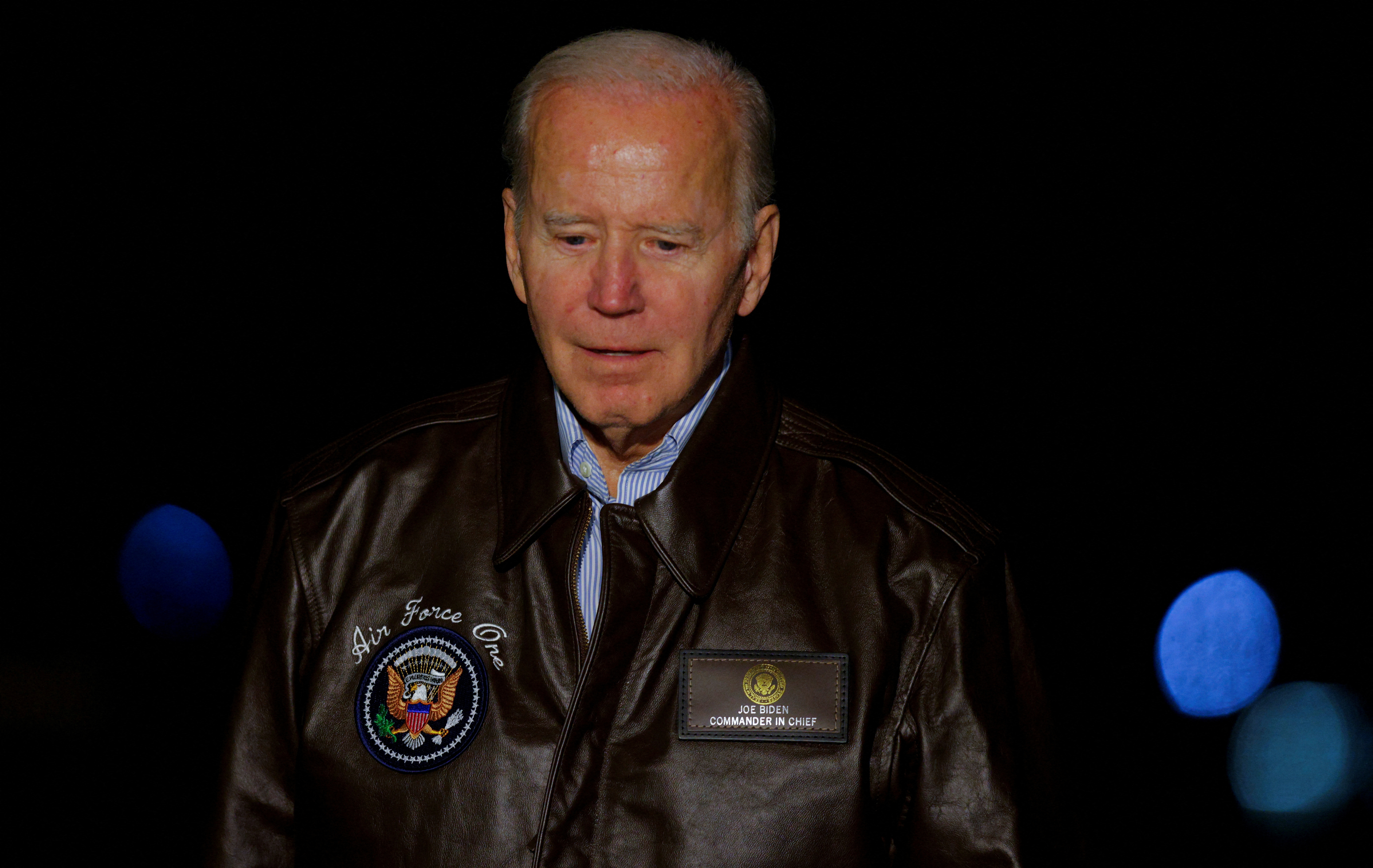
U.S. President Joe Biden is expected to call on Congress to intervene to avert a potential rail strike that could happen as early as Dec. 9, a source briefed on the matter told Reuters.
On Monday, more than 400 groups called on Congress to intervene in the ongoing railroad labor standoff that threatens to idle shipments of food and fuel and strand rail travelers while inflicting billions of dollars of economic damage.
White House Press Secretary Karine Jean-Pierre declined to comment on Biden’s plans but reiterated that a “shutdown is unacceptable because of the impact it would have on jobs and families and farms and businesses and communities… The president is directly involved in the process.”
Labor Secretary Marty Walsh, Transportation Secretary Pete Buttigieg and Agriculture Secretary Tom Vilsack have been involved in discussions with the rail industry, unions and agriculture industry stakeholders, Jean-Pierre said.
The U.S. Chamber of Commerce, National Association of Manufacturers, National Retail Federation, American Petroleum Institute, National Restaurant Association, American Trucking Associations and other groups warned impacts of a potential strike could be felt as soon as Dec. 5.
Workers in eight unions have approved a tentative contract deal announced in September, while four rejected it.
“The risks to our nation’s economy and communities simply make a national rail strike unacceptable,” says the letter to congressional leaders first reported by Reuters. “Therefore, absent a voluntary agreement, we call on you to take immediate steps to prevent a national rail strike and the certain economic destruction that would follow.”
A rail traffic stoppage could freeze almost 30% of U.S. cargo shipments by weight, stoke inflation and cost the American economy as much as $2 billion per day by unleashing a cascade of transport woes affecting U.S. energy, agriculture, manufacturing, healthcare and retail sectors.
The letter warned a strike could halt passenger railroad Amtrak and commuter rail services that “would disrupt up to 7 million travelers a day.”
Biden’s Presidential Emergency Board in August released the framework for the tentative deal forged in September between major railroads and a dozen unions representing 115,000 workers. Those carriers include Union Pacific (UNP.N), Berkshire Hathaway Inc’s (BRKa.N) BNSF, CSX (CSX.O), Norfolk Southern (NSC.N) and Kansas City Southern.
Unions and railroads have until Dec. 9 to resolve differences. If they do not, workers could strike or railroads could lock out employees – unless Congress intervenes. But railroads would halt hazardous materials shipments at least four days ahead of a strike deadline.
The Washington Post first reported Biden’s plans.

